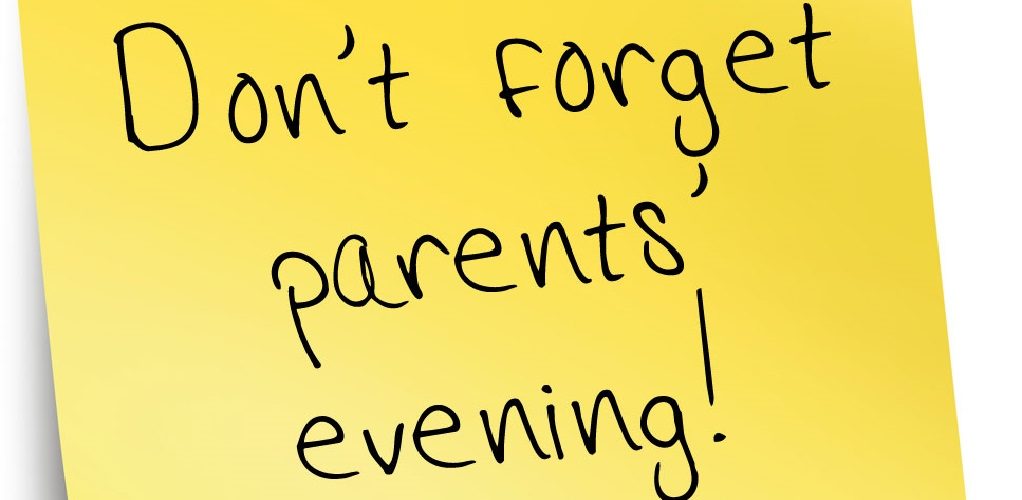Computing for all at KS4
In compliance with national curriculum requirements those pupils who do not choose to study computer science or IT at GCSE level are given the opportunity to study aspects of information technology and computer science at sufficient depth to allow them to progress to higher levels of study or to a professional career.
The national curriculum states that pupils at KS4 should be taught to:
- develop their capability, creativity and knowledge in computer science, digital media and information technology
- develop and apply their analytic, problem-solving, design, and computational thinking skills
- understand how changes in technology affect safety, including new ways to protect their online privacy and identity, and how to report a range of concerns
This is achieved through a diverse range of uses and activities which make purposeful and relevant use of technologies, within other subject lessons.
For example in Design Technology pupils develop their competency and use of Computer Aided Design (CAD) software. Specifically they use "Design Tools 2D Design to draw profiles that make small parts of products that are cut on the laser cutter. Some will also develop their use of this software to interface with a CNC router. Pupils will also complete a module of learning using a 3D modelling software such as Google SketchUp. Some pupils will develop further use of the software to produce their own parts that will ultimately interface with a 3D printer to produce an product.
Also in DT pupils learn very basic coding through "Lego Mindstorms" to program led outputs that respond to inputs such as light sensor and heat sensors. They will also learn to code timing operations such as traffic light sequencing.
Through PSHE lessons students explore a whole host of issues related to the safe use of technology. For example, students learn about the incidence, and the dangers of, gambling and internet addiction. They understand why gambling and the internet are so addictive and how sites ‘hook us’ in. They also explore issues such as revenge pornography so that students can correctly identify what to do to prevent revenge porn and what to do if they become a victim, extremism and radicalisation so that they can correctly identify a range of internet subcultures, and describe how these can be dangerous or harmless. To protect their online privacy, students discuss the long and short term consequences of sharing intimate images with partners or friends. They also learn about the legal, short and long-term consequences for perpetrators and victims.
Students can demonstrate their creativity and capability in computer science in subjects such as dance (for example by cutting music, using the projector and images for choreography), in Music (using specialist software for music composition and notation) and in Art (by performing digital manipulation using software such as Photoshop.
Analytical and problem solving skills are developed throughout school but in particular the practical scientific subjects, mathematics and computing allow students the opportunity to demonstrate these skills through a range of challenging activities that require logical thinking and decision making.
Within all subjects, pupils will also use and develop their ICT skills to carry out research, analyse data, produce written reports making use of graphs and charts to visually illustrate and allow analysis of data, skills that will be important at university and beyond.
In addition, we plan and deliver drop-down days in Year 10 to ensure all pupils have a chance to learn and practice the skills required to meet and exceed the national curriculum.
We believe that the learning experienced by our students across all subjects is enhanced through the creative and effective use of technology and that these combined experiences do offer all of our students the necessary skills and knowledge required to progress to higher levels of study and onto successful professional careers in the future.
















